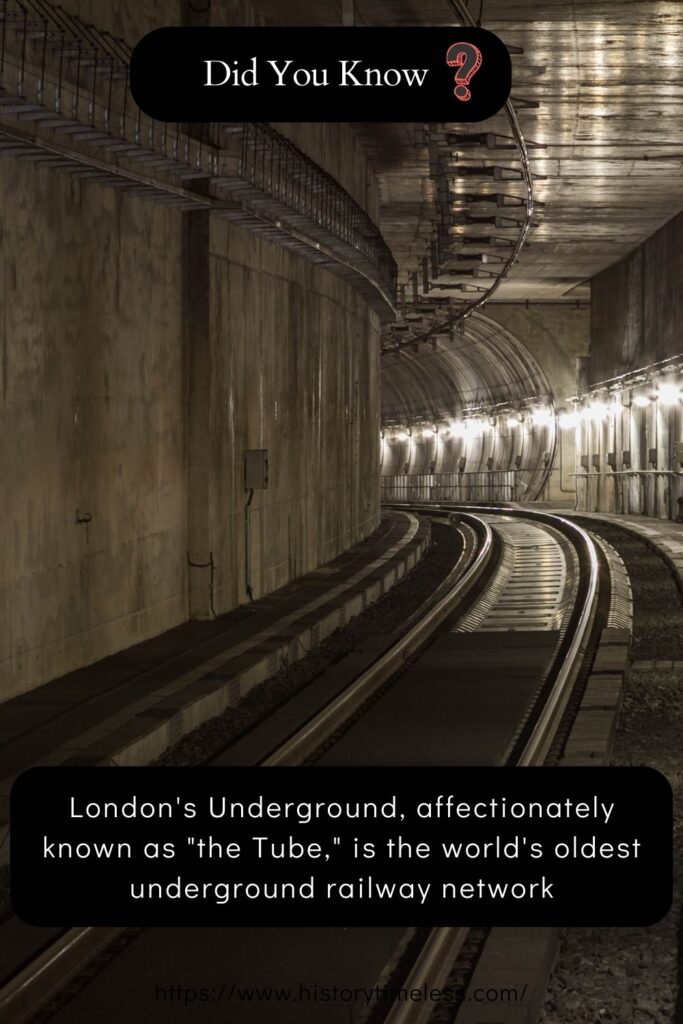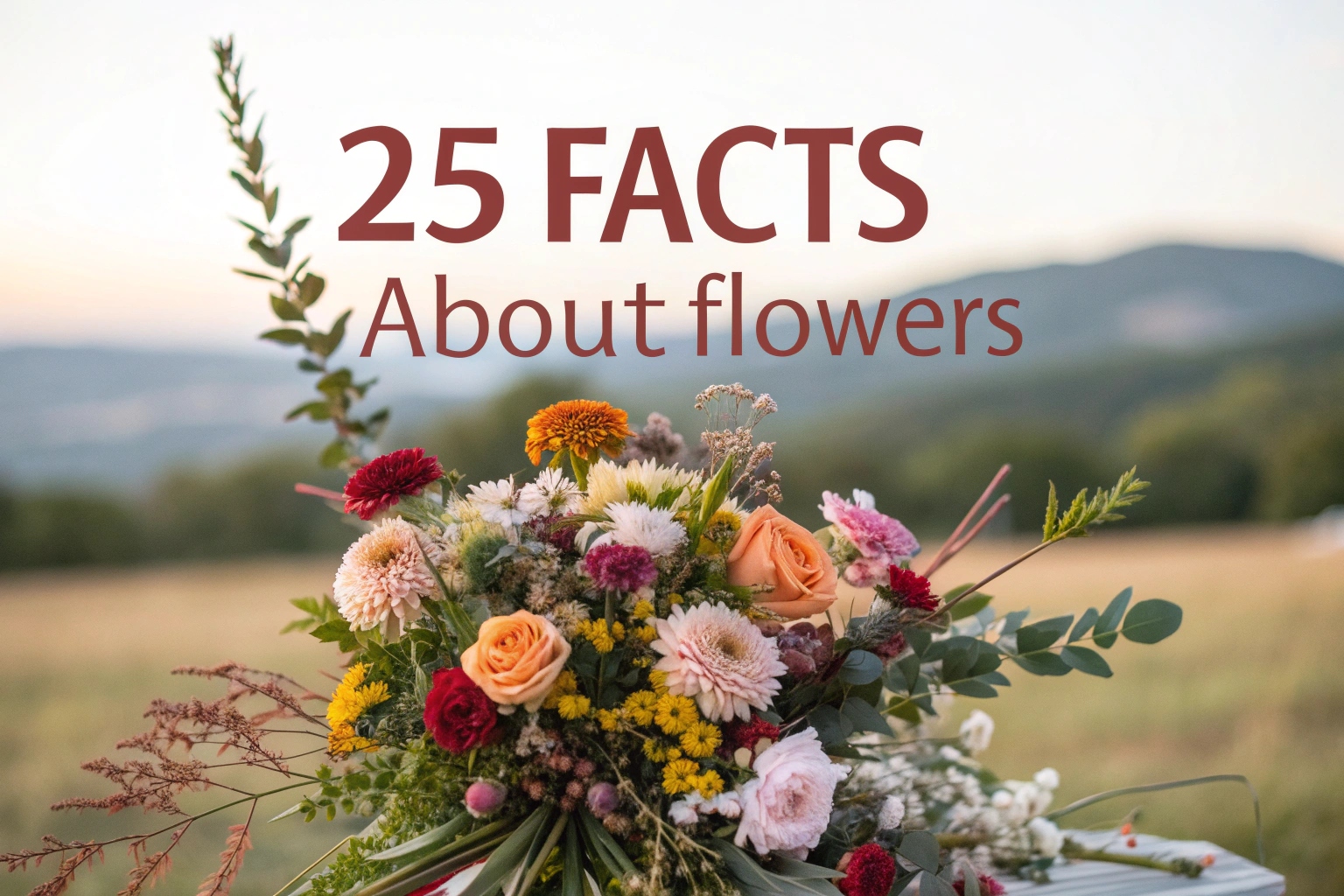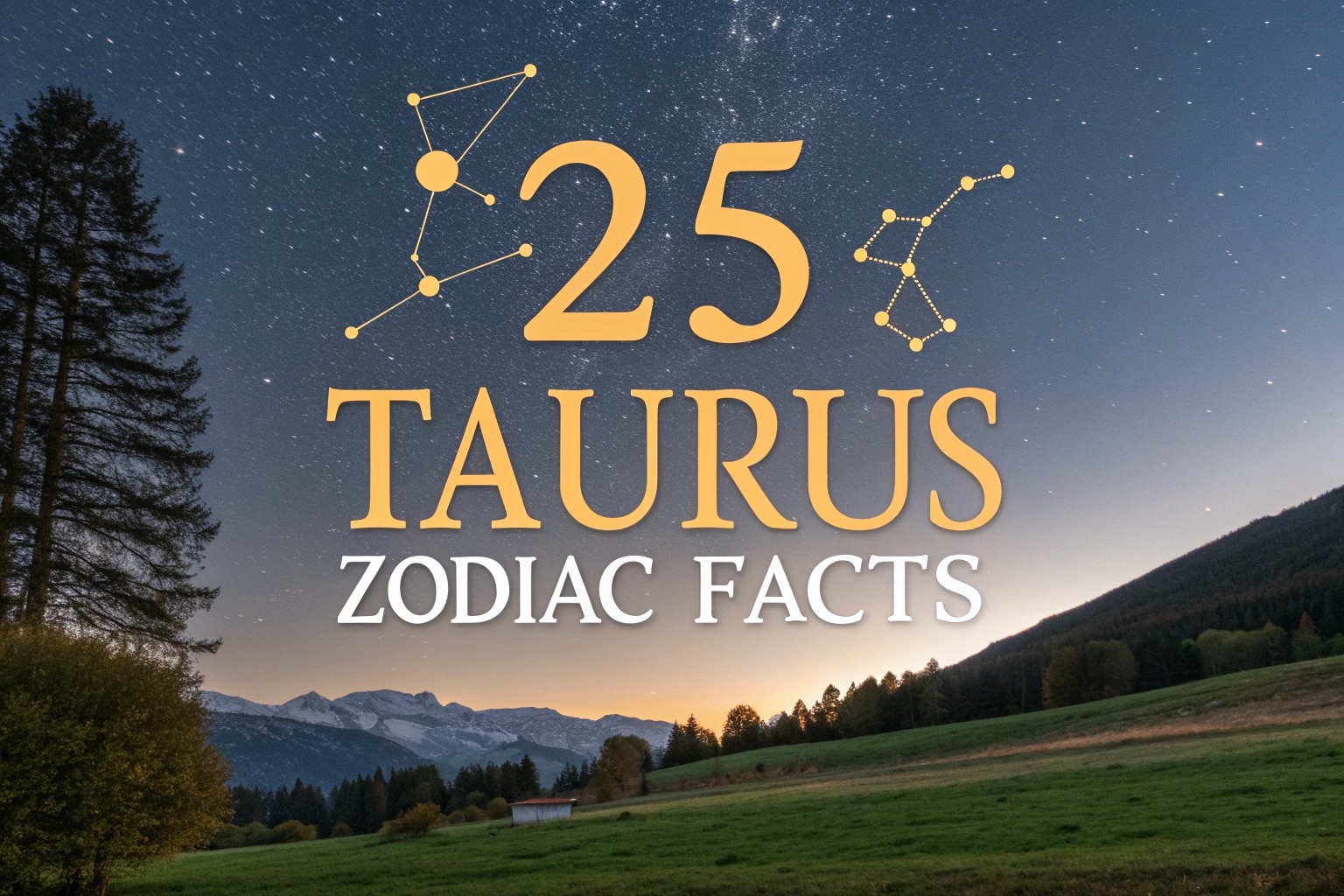England, a land steeped in history and brimming with modern marvels, is more than just rolling green hills and bustling cities. From groundbreaking inventions to quirky traditions, England has shaped the world in countless ways.
Join us as we delve into some fascinating and perhaps lesser-known aspects of this captivating country, uncovering 26 intriguing facts that will give you a fresh perspective on the heart of the United Kingdom. Get ready to be surprised and maybe even plan your next adventure to explore these wonders firsthand!
1. Birthplace of the Modern Football: A Global Phenomenon
England is widely recognized as the birthplace of modern football. While early forms of football existed in various cultures, it was in England during the 19th century that the game was codified and standardized.
The Football Association, the oldest football association in the world, was founded in London in 1863, laying down the rules that shaped the sport we know and love today.
From village greens to packed stadiums, football is deeply ingrained in English culture, and the Premier League remains one of the most watched and celebrated leagues globally, showcasing the enduring legacy of England’s contribution to the beautiful game.
2. Home to the World’s Oldest Underground Railway Network
London’s Underground, affectionately known as “the Tube,” is the world’s oldest underground railway network. The first section, the Metropolitan Railway, opened in 1863, initially using steam locomotives.

This pioneering feat of engineering revolutionized urban transport and served as a model for subway systems around the globe.
Today, the Tube is a sprawling network carrying millions of passengers daily, a testament to Victorian ingenuity and a vital artery in the bustling metropolis of London. Its iconic roundel logo is instantly recognizable worldwide.
3. More Castles Than You Can Count: A Legacy of History
England boasts a staggering number of castles, estimated to be in the thousands, scattered across its landscape.
From imposing medieval fortresses like Windsor Castle, the oldest and largest occupied castle in the world, to romantic ruins perched on dramatic cliffs, these structures tell tales of battles, royalty, and centuries of history.
Each castle offers a unique glimpse into different eras, architectural styles, and the lives of those who once inhabited them, making England a true paradise for castle enthusiasts and history buffs.
4. The English Breakfast: A Culinary Institution
The “Full English Breakfast” is a culinary institution, a hearty and iconic morning meal that has become synonymous with English cuisine.
Typically comprising bacon, sausages, eggs, baked beans, tomatoes, mushrooms, and toast, it’s designed to set you up for the day. While its origins can be traced back to the Victorian era and the landed gentry, the Full English has become a staple across social classes.
Regional variations exist, and debates rage about the inclusion of black pudding or fried bread, but its popularity and comforting nature are undeniable.
5. Invented the World Wide Web: Connecting the Globe
While working at CERN, the European Organization for Nuclear Research, British scientist Tim Berners-Lee invented the World Wide Web in 1989.
This groundbreaking invention, initially conceived as a way to share information between scientists, has fundamentally transformed communication, commerce, and access to knowledge worldwide.
Berners-Lee’s creation, freely available to all, has democratized information and connected billions of people, making him a pivotal figure in the digital age and England a key contributor to the internet revolution.
6. Afternoon Tea: A Quintessential English Tradition
Afternoon Tea is a quintessential English tradition, a delightful ritual that combines tea, delicate sandwiches, scones with clotted cream and jam, and pastries.
Popularized in the 19th century, it was initially a social event for the upper classes but has since become a cherished pastime enjoyed by many.
From grand hotels to cozy tea rooms, afternoon tea offers a moment of elegance and indulgence, reflecting a slower pace of life and a celebration of refined taste. It’s a cultural experience that embodies English charm and hospitality.
7. Home to Stonehenge: A Prehistoric Mystery
Stonehenge, located in Wiltshire, is one of the world’s most famous prehistoric monuments, a circle of standing stones dating back thousands of years. Its purpose remains shrouded in mystery, with theories ranging from astronomical observatory to religious site.
Constructed in stages starting around 3000 BC, Stonehenge continues to fascinate and intrigue, drawing visitors from across the globe.
It stands as a powerful testament to the ingenuity and beliefs of ancient peoples who inhabited the British Isles long before recorded history.
8. The Royal Family: A Global Symbol of Tradition
The British Royal Family, with its long and storied history, is a global symbol of tradition and continuity. From the monarch, currently King Charles III, to other prominent members, they embody a sense of national identity and play a significant ceremonial role.
Despite evolving times, the Royal Family remains a subject of intense public interest and fascination worldwide, representing a link to England’s past while navigating the complexities of the modern era. Their events and milestones are followed globally.
9. Land of Shakespeare: The Bard of Avon
England is the birthplace of William Shakespeare, widely regarded as the greatest writer in the English language and the world’s greatest dramatist.
Born in Stratford-upon-Avon, his plays, sonnets, and poems have had an immeasurable impact on literature, theatre, and language itself.
From “Hamlet” to “Romeo and Juliet,” Shakespeare’s works continue to be performed and studied globally, transcending time and culture. His legacy is a cornerstone of English cultural identity and a testament to the power of storytelling.
10. The Lake District: Inspiring Natural Beauty
The Lake District National Park in northwest England is renowned for its breathtaking natural beauty. Featuring stunning lakes, rugged mountains, and picturesque villages, it has inspired poets, writers, and artists for centuries, including William Wordsworth and Beatrix Potter.
A haven for outdoor enthusiasts, the Lake District offers opportunities for hiking, boating, and exploring its idyllic landscapes. Its serene beauty and dramatic scenery make it a beloved destination and a jewel in England’s natural crown.
11. Cricket: A Gentleman’s Game with Global Appeal
Cricket, often described as a “gentleman’s game,” is deeply ingrained in English culture and is considered the national summer sport.
While its exact origins are debated, cricket evolved in England and became codified in the 18th century. From village greens to iconic grounds like Lord’s, cricket is played and watched by millions.
The Ashes series against Australia is a particularly fierce and historic rivalry. Beyond England, cricket is immensely popular in Commonwealth countries, showcasing its global reach.
12. The Double-Decker Bus: An Iconic Red Symbol
The red double-decker bus is an iconic symbol of London and England. First introduced in the early 20th century, these buses have become instantly recognizable and synonymous with British urban landscapes.

Their distinctive design and practicality for navigating busy city streets have made them a beloved feature of London’s transportation system.
Beyond their functional role, double-decker buses are a cultural icon, appearing in countless films, photographs, and souvenirs, representing a quintessential image of England.
13. Afternoon Tea in Space: A Unique Astronaut Tradition
British astronaut Tim Peake famously had afternoon tea in space while aboard the International Space Station. He brewed tea and even enjoyed scones with jam and cream in zero gravity, creating a uniquely English moment in orbit.
This whimsical event captured the imagination of the public and highlighted the enduring cultural significance of afternoon tea, even in the most extraordinary of environments. It demonstrated a touch of British humor and tradition reaching the cosmos.
14. The NHS: A Pioneer of Universal Healthcare
The National Health Service (NHS) in England was founded in 1948 and is a pioneer of universal healthcare. Based on the principle that healthcare should be free at the point of use and available to all, regardless of wealth, the NHS is a source of national pride and a cornerstone of British society.
It provides a wide range of medical services, from primary care to specialist treatments, funded through taxation. The NHS has served as a model for healthcare systems in other countries and remains a vital institution in England.
15. Land of Gardens: A Passion for Horticulture
England is known for its stunning gardens, reflecting a national passion for horticulture. From grand stately home gardens like Sissinghurst and Kew Gardens to charming cottage gardens, the variety and beauty are remarkable.
gardening traditions are celebrated worldwide, influencing garden design and plant cultivation. The Chelsea Flower Show is a prestigious annual event showcasing horticultural excellence. This love for gardens is deeply embedded in English culture and landscape.
16. The Greenwich Meridian: Setting World Time
The Royal Observatory in Greenwich, London, marks the Prime Meridian, also known as the Greenwich Meridian, at 0° longitude. This line serves as the basis for Greenwich Mean Time (GMT), which was historically used as the international standard time.
While Coordinated Universal Time (UTC) is now the primary standard, the Greenwich Meridian remains a significant geographical reference point.
Standing astride the meridian line, with one foot in the east and one in the west, is a popular tourist experience and a symbolic connection to global timekeeping.
17. The English Language: A Global Lingua Franca
The English language, originating in England, has become the global lingua franca, spoken by billions worldwide. Its historical spread through colonization, trade, and cultural influence has established it as the dominant language of international communication, business, science, and technology.
The English language continues to evolve and adapt, with diverse dialects and regional variations, but its roots in England remain a fundamental part of its identity and global reach.
18. Pub Culture: The Heart of Community Life
Pubs, or public houses, are central to English culture and community life. More than just places to drink, pubs serve as social hubs, meeting places, and often historical landmarks.
They offer a relaxed atmosphere, traditional food, and a wide selection of beers and ales. Pub quizzes, Sunday roasts, and cozy firesides are all part of the pub experience. From rural village pubs to lively city establishments, they are integral to the social fabric of England.
19. Driving on the Left: A Unique Traffic Convention
England, along with a few other countries, drives on the left side of the road, a convention that differs from much of the world. The historical origins of this practice are debated, with theories ranging from medieval horseback riding to sword-carrying customs.
Whatever the reason, driving on the left is a distinctive feature of England and requires visitors to adjust to a different traffic flow. It’s a quirky characteristic that adds to England’s unique road culture.
20. The White Cliffs of Dover: Iconic Coastal Landmarks
The White Cliffs of Dover are iconic coastal landmarks, dramatic chalk cliffs that face the Strait of Dover and France. Formed over millions of years, these cliffs have served as a natural defense and a symbol of England for centuries.
Their brilliant white color and imposing height are a striking sight, welcoming travelers arriving by sea. The cliffs are rich in biodiversity and offer stunning coastal walks, representing both natural beauty and historical significance.
21. The Changing of the Guard: A Pomp and Ceremony Spectacle
The Changing of the Guard ceremony at Buckingham Palace in London is a renowned spectacle of British pomp and ceremony.
This daily ritual involves the handover of duties from the Old Guard to the New Guard, performed with precision and tradition.
The soldiers in their distinctive red tunics and bearskin hats are a captivating sight, drawing crowds of tourists. It represents a living tradition and a visual display of British military heritage and pageantry.
22. The Loch Ness Monster… Maybe Not, But Still Intriguing!
While Loch Ness is famously in Scotland, the fascination with the Loch Ness Monster, affectionately nicknamed “Nessie,” has captured imaginations across England and the world.
Despite lack of definitive proof, the legend of a large creature inhabiting the loch has persisted for centuries.
Numerous sightings and blurry photographs have fueled the mystery. Whether Nessie exists or not, the legend adds a touch of folklore and intrigue to the British Isles and continues to draw monster hunters and curious visitors.
23. Afternoon Tea Etiquette: A Guide to Refinement
Afternoon Tea comes with its own set of etiquette, reflecting its origins as a refined social occasion. From the order of eating (sandwiches first, then scones, then pastries) to the proper way to stir tea (without clanking the spoon), there are subtle customs to observe.
While not strictly enforced everywhere, understanding afternoon tea etiquette adds to the experience and demonstrates an appreciation for tradition. It’s a gentle guide to enjoying this elegant English ritual with grace.
24. The UK’s Smallest City: A Cathedral Gem
The City of London is actually the smallest city in England by area, despite being a major global financial center. However, if you’re thinking of traditionally sized cities, St Davids in Wales is often cited as the UK’s smallest city.
But, moving back to England, the smallest cathedral city is often considered to be Wells in Somerset. It boasts a magnificent cathedral and a charming medieval center, making it a hidden gem.
This highlights that “smallest city” can be defined in different ways, and England has charming small urban areas with significant historical and architectural importance.
25. The Queen’s English: A Standard of Pronunciation
“The Queen’s English,” also known as Received Pronunciation (RP), is often considered the standard accent of spoken English in England.
Historically associated with the upper classes and the BBC, RP is characterized by its clear articulation and non-regional features.
While regional accents are widely spoken and celebrated in England, RP has served as a benchmark for formal and broadcast English. However, linguistic diversity is increasingly recognized and valued, showcasing the rich tapestry of English accents.
26. Boxing Day: A Festive Holiday Tradition
Boxing Day, celebrated on December 26th, is a traditional holiday in England and other Commonwealth countries. Historically, it was a day when servants and tradespeople would receive “Christmas boxes” of gifts or money.
Today, it’s primarily a day for leisure, often spent watching sports (especially football), enjoying leftover Christmas food, and taking advantage of post-Christmas sales. Boxing Day is an integral part of the festive season in England, extending the celebrations beyond Christmas Day itself.
Unearth more remarkable facts:
28 Fascinating Facts About Earth You Probably Didn’t Know!
25 Funny Weird Facts That Will Make You Go “Wait, What?!”
20+ Insane Facts About Animals That Defy Belief!
15+ Interesting World Facts: Say ‘Wow’ to These Discoveries!




